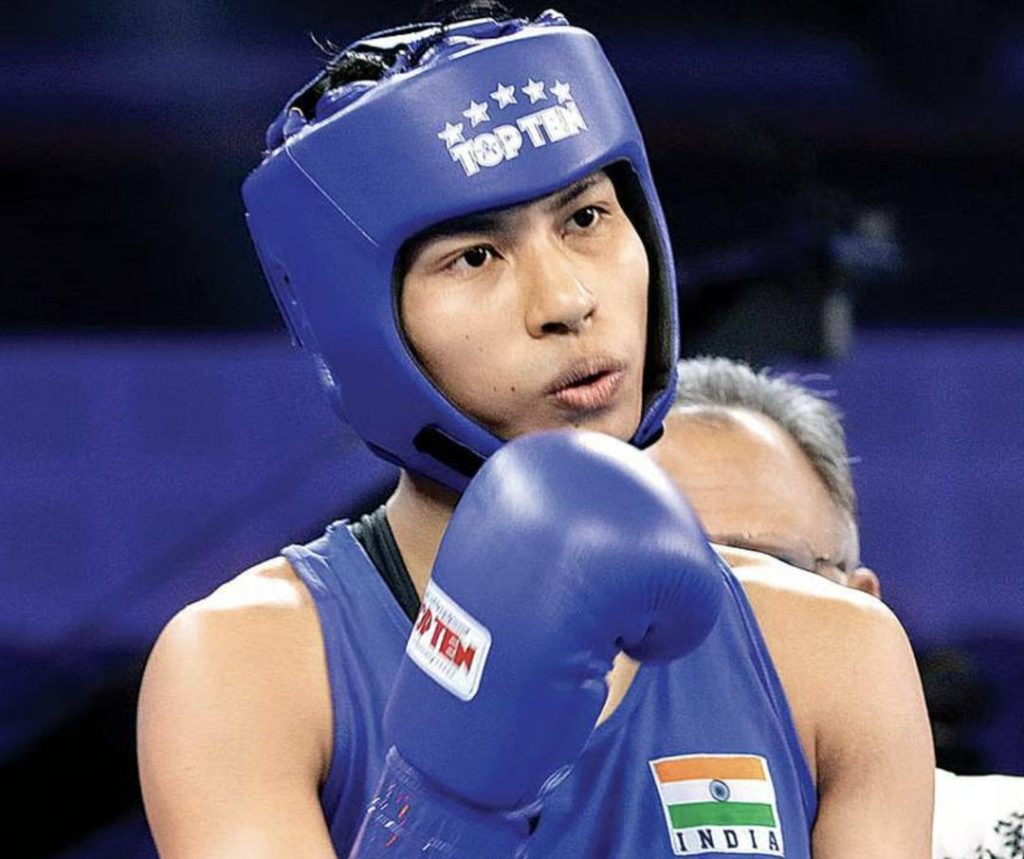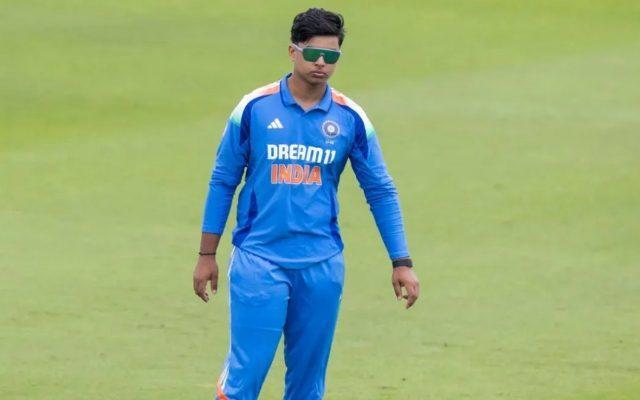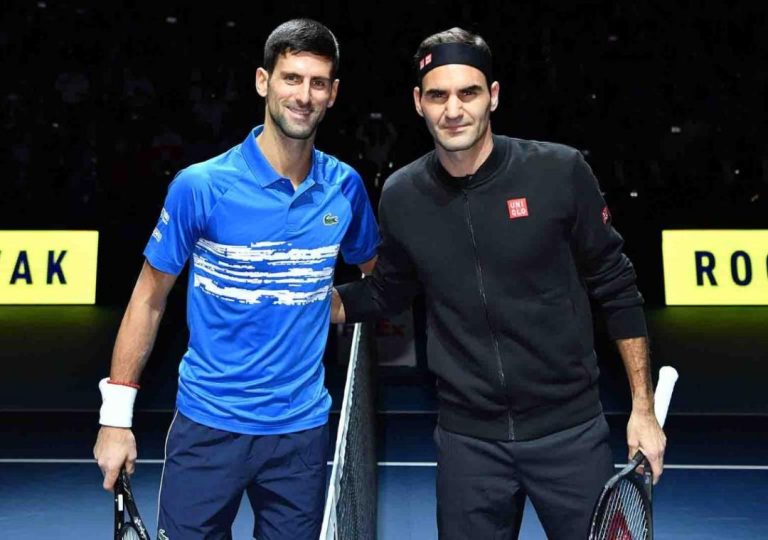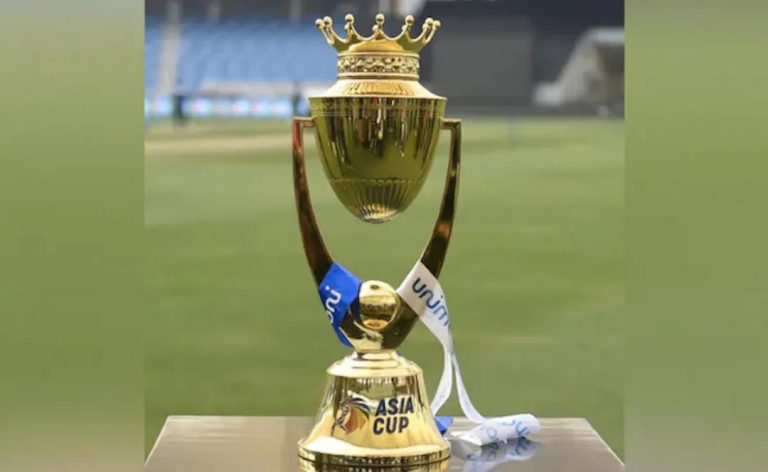
BFI official told me to ‘shut up, lower your head & do as we say’: Olympic medallist Lovlina
The world of sports is not always a fair and just place, especially when it comes to the treatment of female athletes. Recently, Olympic bronze medal-winning boxer Lovlina Borgohain accused BFI executive director Col Arun Malik of humiliating her and undermining her achievements during a Zoom meeting that was attended by SAI and TOPS officials. The incident has sparked outrage and demands for accountability from the Indian Olympic Association (IOA) and other stakeholders.
According to Lovlina, during the meeting, Col Malik told her to “shut up, lower your head and do as we say.” His words were not only disrespectful but also carried an alarming tone of gender-discriminatory dominance. It’s unacceptable that an official in a position of authority would speak to a medal-winning athlete in such a manner.
The incident has highlighted the deep-seated issues of sexism and patriarchy that continue to plague the sports world. It’s not the first time that a female athlete has been subjected to such treatment, and it’s unlikely to be the last unless concrete steps are taken to address these issues.
Lovlina’s allegations have sparked widespread outrage and condemnation. The IOA has launched an inquiry into the matter, and Col Malik has been asked to explain his behavior. The BFI has also issued an apology, stating that his behavior was unacceptable and would not be tolerated.
However, the incident highlights the need for more than just apologies and inquiries. It’s time for the sports world to take concrete steps to ensure that female athletes are treated with respect and dignity. This includes providing a safe and supportive environment for them to train and compete, as well as addressing the systemic issues that contribute to sexism and patriarchy.
One of the main issues is the lack of representation and inclusion of women in leadership positions. In the BFI, for example, only a handful of women hold positions of authority, and many of them are relegated to minor roles. This lack of representation and inclusion sends a clear message that women are not valued or respected in the same way as men.
Another issue is the objectification of female athletes. They are often reduced to their physical appearance or their achievements, rather than being recognized as individuals with their own strengths, weaknesses, and personalities. This objectification can lead to a lack of respect and dignity, and can contribute to a culture of sexism and patriarchy.
The incident also highlights the need for greater accountability and transparency in the sports world. When an official in a position of authority is accused of wrongdoing, it’s not enough to simply launch an inquiry and issue an apology. The official should be held accountable for their actions, and any necessary disciplinary action should be taken.
In addition, the incident highlights the need for greater support and resources for female athletes. They often face unique challenges and obstacles that can impact their ability to train and compete at the highest level. This includes issues such as gender-based violence, unequal pay, and limited access to resources and opportunities.
The incident has also sparked a wider conversation about the treatment of female athletes in India. Many have spoken out about the challenges they face, including harassment, discrimination, and lack of support. It’s time for the sports world to take these issues seriously and to take concrete steps to address them.
In conclusion, the incident involving Lovlina Borgohain and Col Arun Malik is a stark reminder of the deep-seated issues of sexism and patriarchy that continue to plague the sports world. It’s time for the sports world to take concrete steps to ensure that female athletes are treated with respect and dignity, and to address the systemic issues that contribute to sexism and patriarchy.
Sources:






